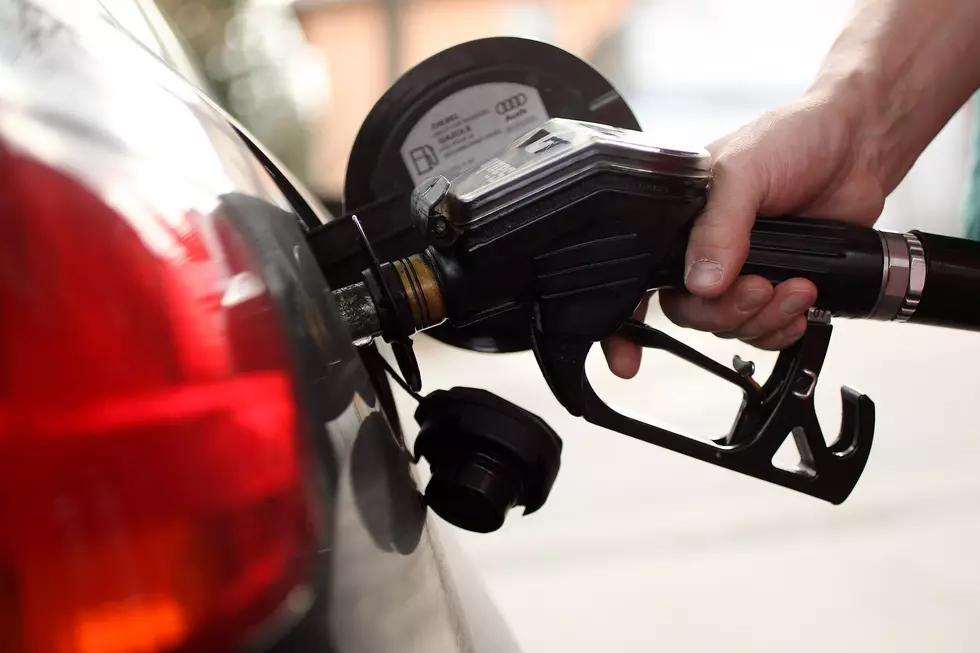
How Long Will the Big Spike in Gas Prices Last?
Over the last 24 hours or so, the vast problems in Texas, where 11 oil refineries are at least partially shut down, have begun to be felt at the gas pump. Gas Buddy reports the extreme cold in the southern U.S. has knocked out about one-fifth of the capacity of U.S. oil refineries around the nation.
This morning, AAA says the average gas price nationally has already reached $2.60 per gallon. That's up nearly three cents from yesterday and a little more than a dime from a week ago. In Iowa, AAA shows prices range from $2.58 to $2.73 per gallon.
If prices haven't gone up at your favorite station yet, you might want to fill up. As I was coming to work in Cedar Rapids this morning, I encountered gas prices ranging from $2.45 to $2.60 a gallon on the city's north side. Those same stations were all just over $2.30 per gallon less than two days ago.

How much more will prices jump, and how long will they stay there? Gas Buddy believes the average price at the pump will increase anywhere from 10 to 20 cents per gallon, nationally. That could put the average price nationally up to $2.75 a gallon. That would be the most in two years and the highest price this time of the year in more than a half-decade.
How long will the price spike last? The head of petroleum analysis at Gas Buddy says,
The quicker the affected refineries are able to come back online, the better, and perhaps less painful for motorists than if they remain out of service for even longer. Oil prices have continued to rally as global oil demand recovers from the worst of the COVID-19 pandemic, and now the extreme cold weather shutting refineries down, us motorists just can’t seem to catch a break. We probably won’t see much, if any relief, anytime soon.
Gas Buddy also says the chances of Americans paying $3 per gallon by Memorial Day Weekend is increasing, partially because refineries will have to make the changeover to cleaner-burning, summer fuel blends.
Our thoughts continue to be with the areas of the country that have been hit with winter conditions they simply aren't equipped for. According to the Washington Post, 30 people have now died in the state of Texas since Sunday as the state continues to deal with widespread power outages and lack of water.
UP NEXT: See how much gasoline cost the year you started driving
LOOK: See the iconic cars that debuted the year you were born
More From 98.1 KHAK

![The Highest-Rated Restaurants in Iowa City on Yelp [GALLERY]](http://townsquare.media/site/675/files/2022/11/attachment-ramen-1-e1714040536282.jpg?w=980&q=75)


![The Highest-Rated Cedar Rapids Restaurants on Yelp [GALLERY]](http://townsquare.media/site/675/files/2023/08/attachment-onp1-1.jpg?w=980&q=75)




